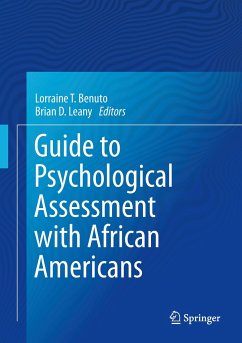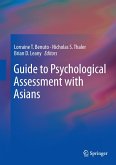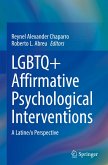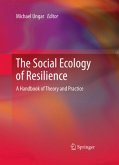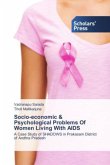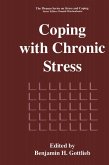The movements toward cultural sensitivity and evidence-based practice are watershed developments in clinical psychology. As a population with a long history of substandard treatment from mental health systems, African Americans have especially benefitted from these improvements. But as with other racial and ethnic minorities, finding relevant test measures in most psychological domains presents clinicians with an ongoing challenge.
The Guide to Psychological Assessment with African Americans aims to close the evaluation/therapy gap by giving practitioners the tools to choose appropriate instruments while respecting client individuality. Expert contributors analyze scarce and far-flung data, identify strengths and limitations of measures and norms in their use with African-American clients, and advise on avoiding biases in interpreting results. The editors advocate for a theory-based hypothesis-testing approach to assessment when empirical evidence is lacking, and offer guidelines for decision-making that is effective as well as ethnically aware. The Guide's findings, insights, and practical information cover the gamut of test and diagnostic areas, including:
IQ and personality.Generalized anxiety disorder, panic, and phobias.Neuropsychological assessment, cognitive decline, and dementia.Mood disorders and suicidality.Forensic assessment, risk, and recidivism.Measures specific to children and adolescents.Plus PTSD, substance disorders, eating pathology, and more.
Expertly complementing cross-cultural treatment texts, the Guide to Psychological Assessment with African Americans stands out as a trustworthy resource for treatment planning useful to clinical psychologists, neuropsychologists, and clinical social workers.
The Guide to Psychological Assessment with African Americans aims to close the evaluation/therapy gap by giving practitioners the tools to choose appropriate instruments while respecting client individuality. Expert contributors analyze scarce and far-flung data, identify strengths and limitations of measures and norms in their use with African-American clients, and advise on avoiding biases in interpreting results. The editors advocate for a theory-based hypothesis-testing approach to assessment when empirical evidence is lacking, and offer guidelines for decision-making that is effective as well as ethnically aware. The Guide's findings, insights, and practical information cover the gamut of test and diagnostic areas, including:
IQ and personality.Generalized anxiety disorder, panic, and phobias.Neuropsychological assessment, cognitive decline, and dementia.Mood disorders and suicidality.Forensic assessment, risk, and recidivism.Measures specific to children and adolescents.Plus PTSD, substance disorders, eating pathology, and more.
Expertly complementing cross-cultural treatment texts, the Guide to Psychological Assessment with African Americans stands out as a trustworthy resource for treatment planning useful to clinical psychologists, neuropsychologists, and clinical social workers.

